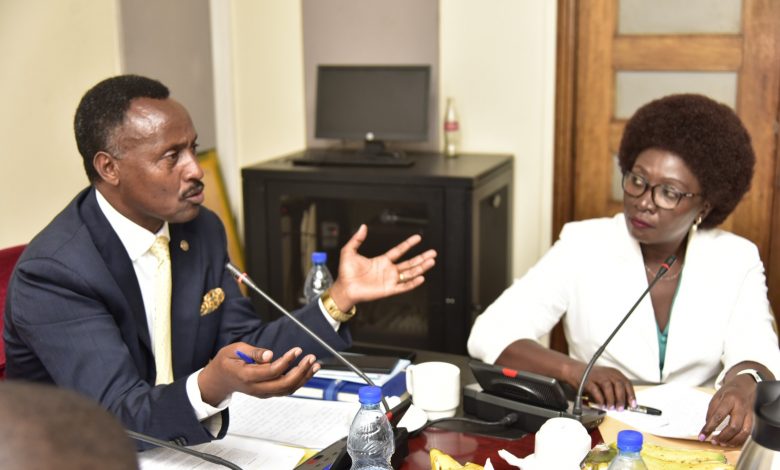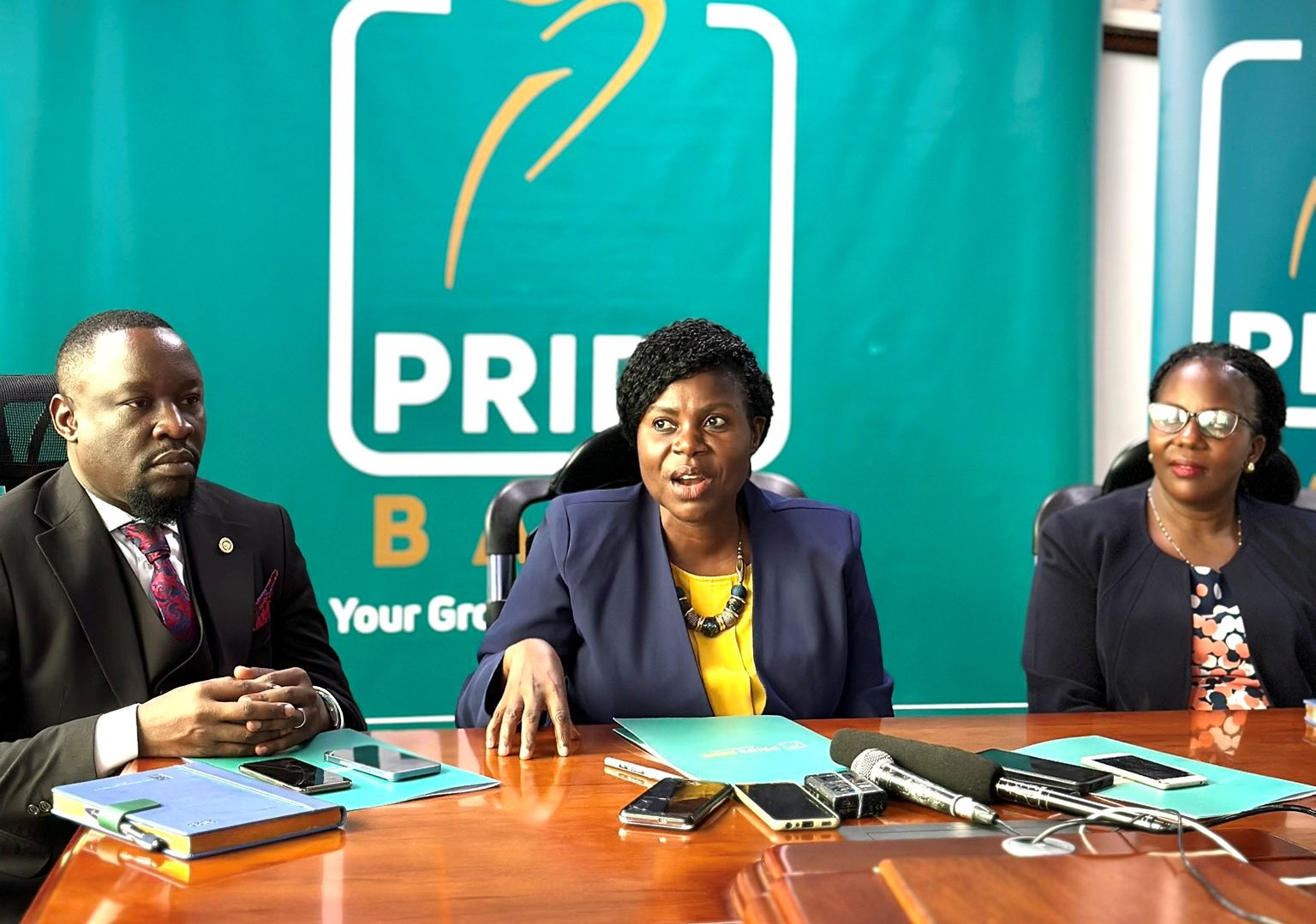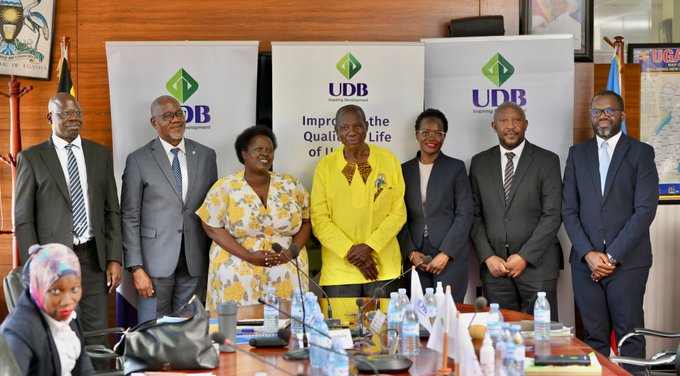Microfinance body protests gov’t’s plan to move it into the Finance Ministry
Meeting the Committee on Finance, Planning and Economic Development, the Executive Director UMRA, Ms. Edith Tusuubira, said it is best to separate policy and regulation formulation from implementation and enforcement since the decision of the regulator can have significant impact on particular interest and therefore the need to protect its impartiality.

The Uganda Microfinance Regulatory Authority (UMRA), has protested the move by government to move it into the Ministry of Finance saying that its objectives and functions will not be effectively carried out within the hierarchy of the Ministry.
Meeting the Committee on Finance, Planning and Economic Development, the Executive Director UMRA, Ms. Edith Tusuubira, said it is best to separate policy and regulation formulation from implementation and enforcement since the decision of the regulator can have significant impact on particular interest and therefore the need to protect its impartiality.
“UMRA’s unique role in safeguarding the public against adverse consequences resulting from non-compliance, coupled with its notable contributions to the government’s long-term revenue generation underscores the necessity for its continued autonomy,” Tusubira said.
“Globally, regulators who are able to set rules independently are more likely to be motivated to enforce them,” she added.
The Committee on Finance is considering the Rationalisation of Government Agencies (Financial Sector) (Amendment) Bill, 2024 that seeks to among others, mainstream the functions of UMRA into the Ministry of Finance.
A section of MPs agreed that it would be wiser to retain UMRA as an independent body, arguing that rationalisation would undo the gains that the Tier 4 MFIs and Moneylenders Act 2016 which established UMRA achieved.
Hon. Patrick Ocan, (UPC, Apac Municipality) queried the manner in which the rationalisation Bill was brought and accused government of not doing enough research before presenting the Bill.
“Government ought to consider many things before rationalizing. We need a detailed statement on the cost benefits and certificate of financial implication before merging entities. Moreover, we have been asked to process the Bill in five days. We need more time to scrutinise the issues,” he said.
Similarly, Hon. Maximus Ochai, (NRM, West Budama County North) warned that it would be a mistake to collapse UMRA, saying that the regulator plays a vital role in supporting and regulating the microfinance sector.
However, Hon. Faith Nakut, (NRM, Napak district) observed that there is a general public feeling that UMRA is not present country wide, and that their interest is in protecting money lenders and not caring for the majority of borrowers.
Similarly, Hon. Dicksons Kateshumbwa, (NRM, Sheema Municipality) advised UMRA to desist from being defensive but instead proactively come up with plan B and demonstrate it by providing a structure to the committee.
“Have you wondered why of all entities you were chosen? Instead of being defensive you should ask yourselves what is next and plan, because you could actually be merged into the ministry,” he said.
The Committee Chairperson, Hon. Amos Kankunda, (NRM, Rwampara County), asked UMRA to return with a comprehensive response on what gap they have been able to fill and their achievements in figures since the authourity was established.







